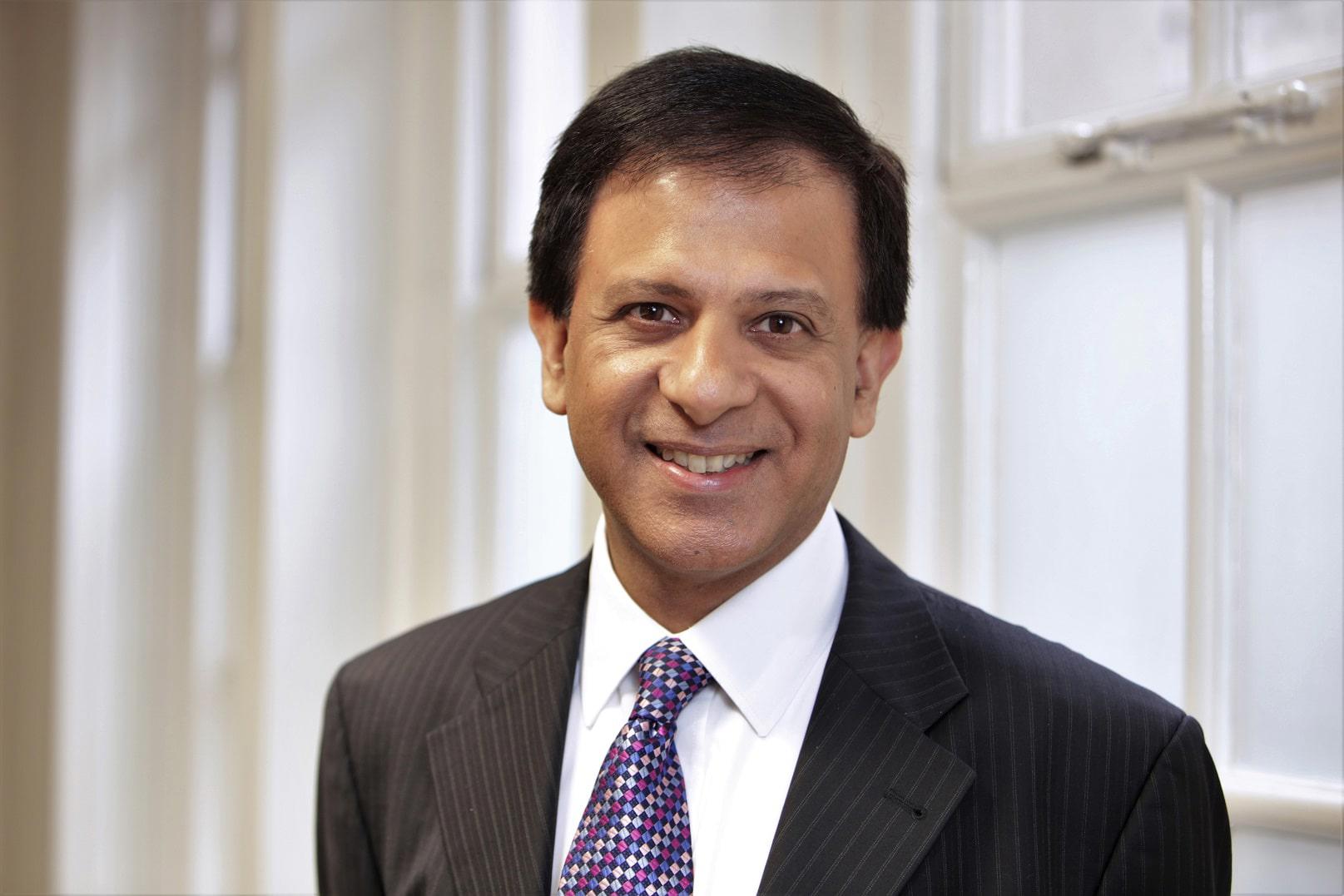The association further warned that existing NHS funding pledges totalling £1bn will not be enough to cover the cost of meeting the vast swathes of unmet elective care that has built up during the pandemic, and that further resources will be needed if the NHS is to succeed in meeting this next challenge.
The warnings come following the Queen’s speech on 11 May which set out the Government’s legislative agenda for Parliament.
As well as noting the continuation of the COVID vaccination programme, the speech also highlighted the bringing forward of sweeping legislation reforming the health service as set out in the health and care white paper.
The speech also noted the planned introduction of measures to enable the NHS to innovate and embrace technology, tackle public health issues such as obesity and mental health.
Upheaval warning
 NAGPAUL: Reorganisation fears
NAGPAUL: Reorganisation fears
Responding to the speech, however, BMA council chair Chaand Nagpaul warned against yet another top-down reorganisation of the NHS at a time when its already understaffed workforce was shattered from its struggle against the pandemic.
He added that the Government would need to at least quadruple its current £1bn additional funding pledge, if the health service was to support existing staff and increase recruitment and retention needed to deal with the elective care backlog.
He said: ‘Giving exhausted staff proper rest and providing much-needed additional resources to make inroads into the record backlog of care left in the wake of the pandemic needs to be the focus right now.
‘It is these same staff who will be instrumental in tackling the record-high waiting lists. But we came into the pandemic with an historic workforce crisis, with significantly fewer than our European counterparts, and now a growing number of our members tell us they’re planning on leaving the NHS due to the distressing and exhausting experiences of the last year.’
He added: ‘While earlier commitments made in the white paper say the legislation will place a duty on the secretary of state to take more responsibility for workforce planning, this must be backed by the Government guaranteeing that staffing levels safely meet the needs of the population – and providing whatever funding and resourcing this requires.
‘Doctors know that prevention is better than cure, and commitments to tackling areas of poor health that have been so visibly exposed during the pandemic – including obesity – are positive. However, with public health services undergoing years of savage cuts, these will only be achievable with substantial investment in public health infrastructure and staffing, which the BMA has long called for.’
Power share
The Health and Care white paper promises to form the most significant reorganisation of the health service since the Health and Social Care Act of 2012.
While welcoming proposals set out in the white paper, which would require the health secretary to have a duty of responsibility for workforce planning and ensuring adequate levels of staffing, Dr Nagpaul said that greater powers should also be returned to the NHS, particularly on the issue of procurement.
Warning that the health service was overburdened by bureaucracy, he added that lessons from the pandemic had painfully illustrated the problems that could occur when the NHS was required to rely on private providers.
He said: ‘The NHS has for too long been beleaguered by bureaucracy that has obstructed care. It makes no sense that our National Health Service has to put all contracts out to competitive tender – something the BMA has campaigned against since 2012.
‘The Government is taking the first step towards abolishing these wasteful rules, but unless it goes further – making the NHS the default option for delivering NHS services – there is a risk that contracts will be awarded without scrutiny to private providers at huge expense to the taxpayer, as was seen with the procurement of PPE and Test and Trace during the pandemic.’

